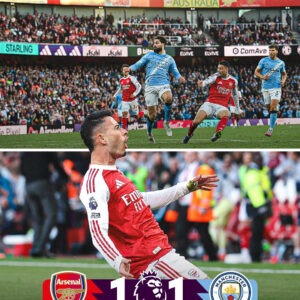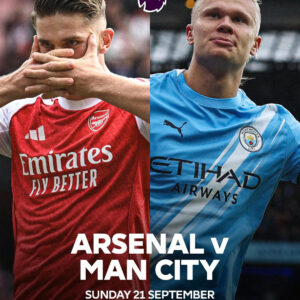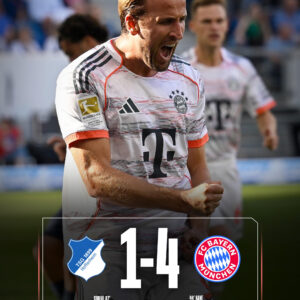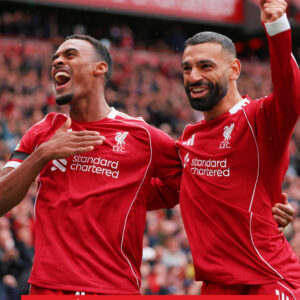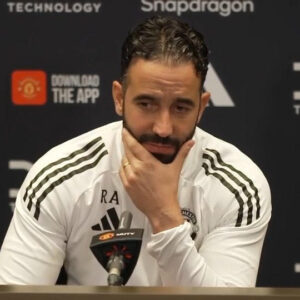One of the most intriguing managerial hires in recent European football history is José Mourinho’s return to Benfica. The “Special One” returns to Estádio da Luz nearly 25 years after his truncated first stint as manager of the Portuguese powerhouses, bearing the burden of expectation.
For Benfica, who have stumbled both domestically and in Europe, Mourinho’s arrival represents both a statement of ambition and a gamble on a manager whose career has been defined by trophies, drama, and unyielding belief in his methods.
For Mourinho, this position is more than just another challenge; it’s an opportunity to get back in touch with his origins, mend his reputation following setbacks, and show the football community why his name is still associated with success.
Benfica were in need of change. After an unexpected 3-2 defeat to Qarabag FK in the Champions League, combined with inconsistent domestic results, the club leadership decided to sack Bruno Lage. The Guardian+2The Guardian+2 Mourinho, recently departed from Fenerbahce, where he failed to lead the team into the Champions League group stage, was available and emerged as the top candidate. Reuters+2TalkSport+2
Benfica president Rui Costa moved swiftly to appoint Mourinho on a contract running through the end of the 2026/27 season, with a clause allowing either party to terminate the agreement within ten days after the close of that season.
For Mourinho, going back to Benfica holds great symbolic meaning. He managed the team for the first time in 2000, but just for nine or 10 games before leaving. The decision has as much to do with legacy as it does with outcomes. With club elections approaching, Benfica wants to regain their domestic supremacy, do well in Europe, and inspire confidence in its followers and stakeholders.
For Mourinho, it offers a chance to rebuild momentum after recent setbacks. His time at Fenerbahce ended in disappointment in Europe, and while he remains one of the most decorated managers in modern football, opinions have been divided on whether he can still produce up to his old standard. This role re-engages him with Portuguese football, a terrain familiar to him, and gives him an opportunity to leverage his experience, gravitas, and tactical knowledge. ESPN.com+1
The Benfica team that Mourinho takes over is not at its best. In the league standings, they are currently lagging behind their more established competitors. They have to regain their form in both domestic and Champions League tournaments, starting with a challenging matchup against Chelsea on September 30.
There will be high expectations. Supporters of Benfica will desire championships (particularly in the Premier League), impressive cup results, and European recognition. Mourinho will have to control expectations, pressure, potential team upgrades, and consistency. He may encounter opposition when trying to change personnel or tactics, particularly in a culture accustomed to particular playing styles. There isn’t much room for error because the season has already started.
Mourinho has all the necessary experience, a winning mindset, tactical savvy, and a brief but familiar familiarity with the club’s culture. This might be a successful second act at Benfica if he can inspire the team, use European games as a platform to make remarks, and continue to compete in the league. But there isn’t much room for failure because Benfica’s opponents are formidable and supporters don’t tolerate change.
More than just a managerial hiring, Mourinho’s position at Benfica is a test of legacy, expectations, and whether an experienced coach can still produce in a rapidly changing football environment. It may be risky for Benfica. Re-examining old scenarios with fresh obstacles is as near as a veteran can get to authoring a new chapter in well-known chapters, according to Mourinho.



